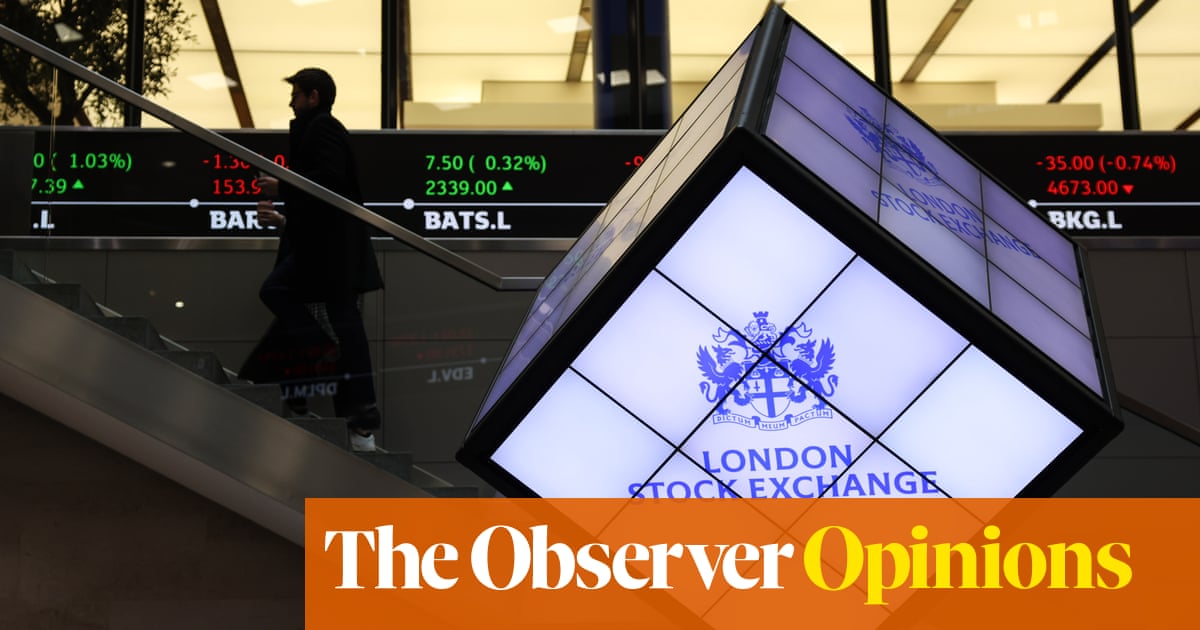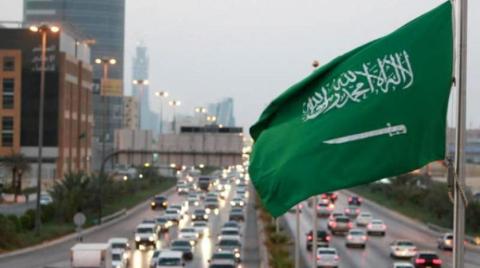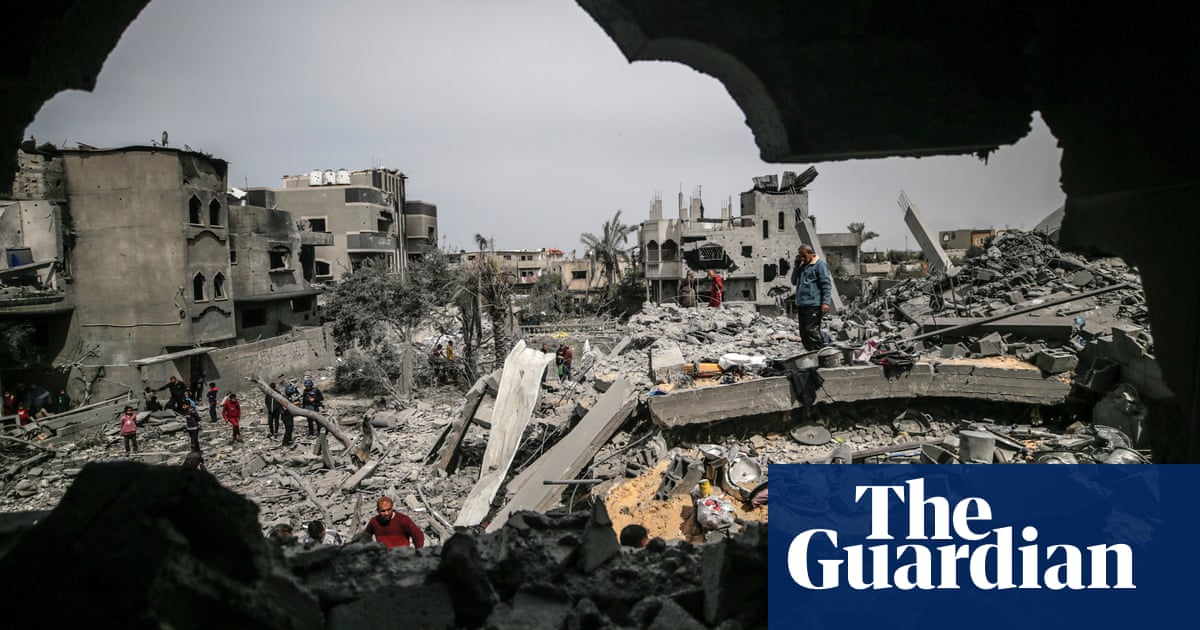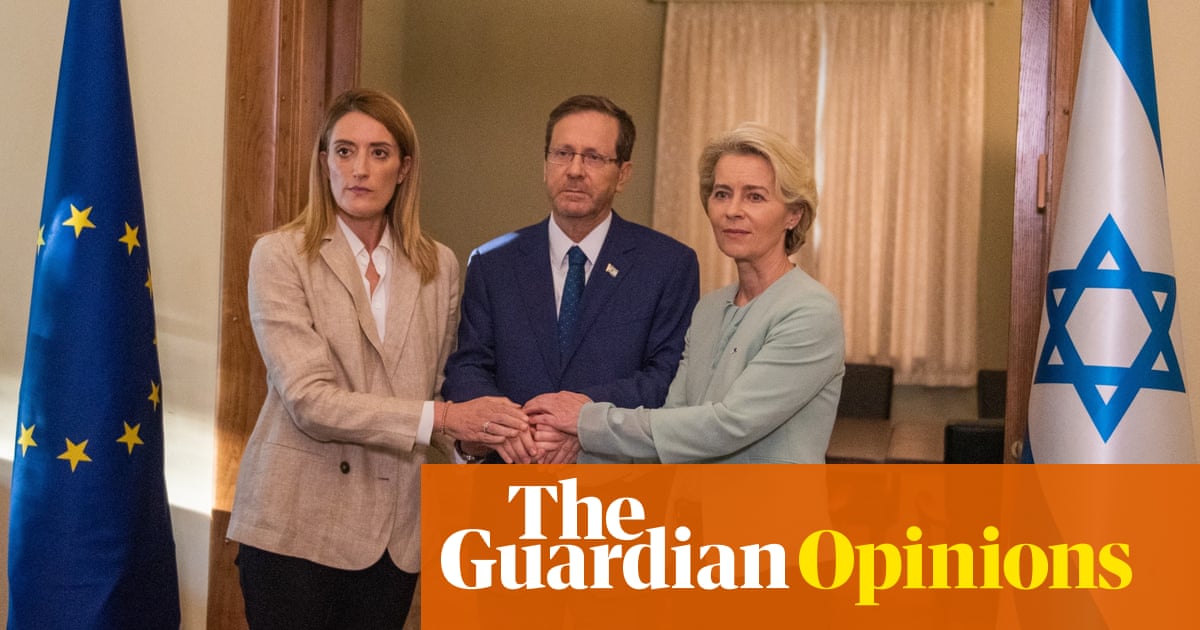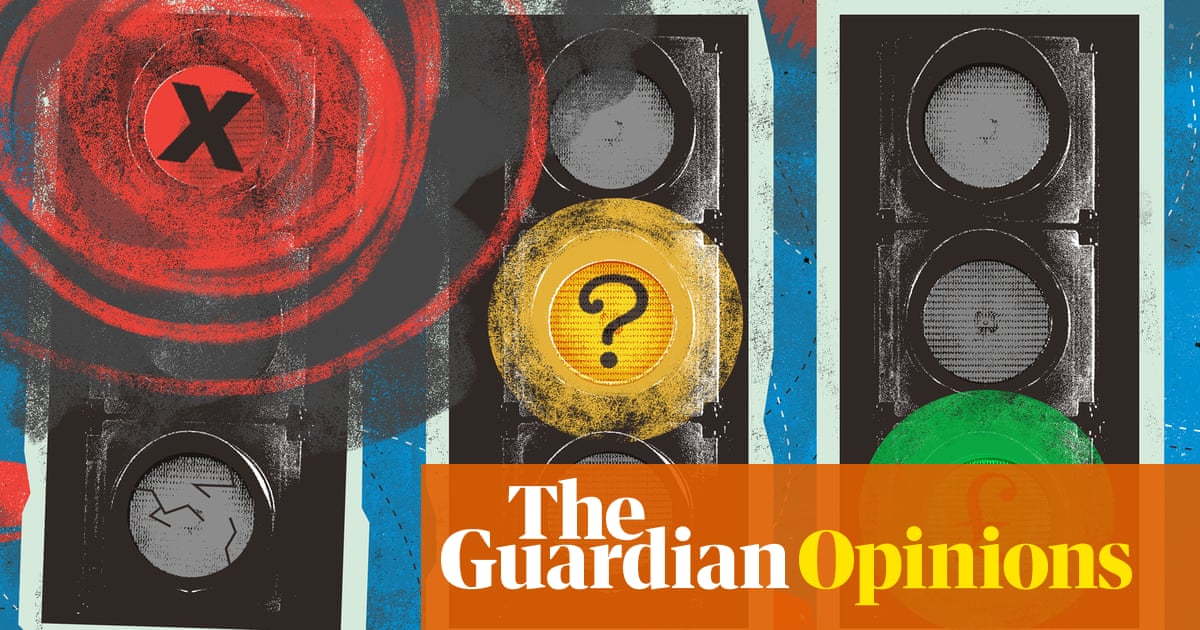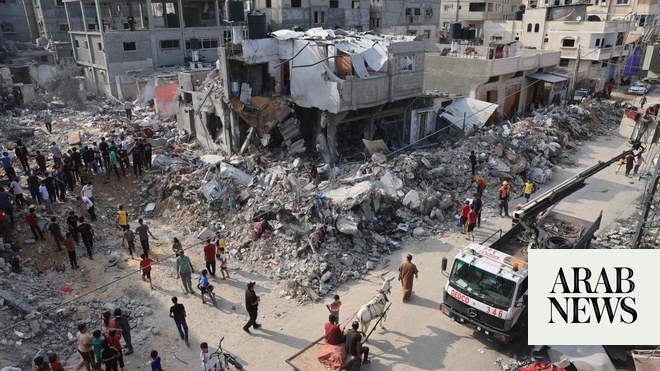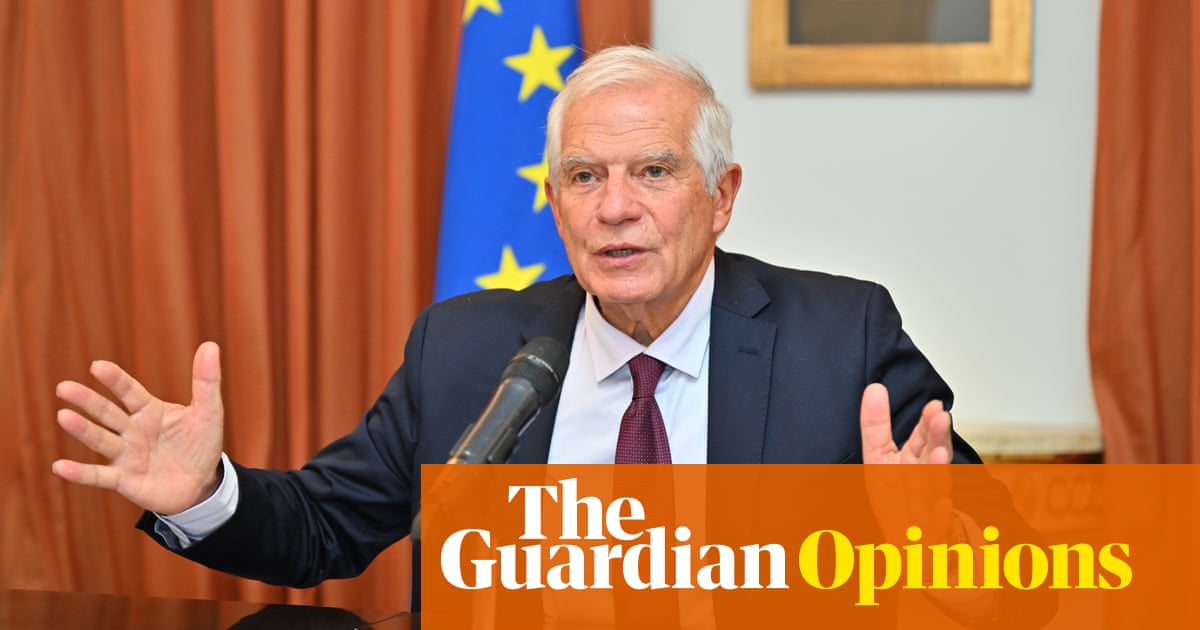
If the European Union wants to consign itself to irrelevance as a global geopolitical player, this week’s shambolic response to Hamas’s gruesome massacres of Israeli civilians in southern Israel is the way to go. Fortunately, Europe has by and large managed to remain more united and effective in its support for Ukraine against Russian aggression. But the shambles over the latest Israeli-Palestinian crisis is more typical of inter-state, political and turf disputes that shackle efforts to project a coherent European foreign policy and wield influence in the world, or even on Europe’s doorstep.
While condemning the Palestinian Islamist group’s indiscriminate slaughter of men, women and children, including babies and elderly people, EU officials have publicly contradicted each other daily. They have bickered over whether to suspend €691m in aid payments to the Palestinians and whether Israel’s cutting off of power, water and fuel to the Gaza Strip as part of its military response violates international law.
On Monday, the European commissioner for neighbourhood and enlargement, Olivér Várhelyi, announced an immediate suspension of aid, apparently without consulting his colleagues or member states. The commission rowed back within hours.
On Tuesday, the EU’s foreign policy high representative, Josep Borrell, declared that Israel’s cutting off of water, electricity and fuel to the Gaza Strip may violate international humanitarian law. Moreover, he said the EU would need to provide more, not less, support to the Palestinians.
The European Commission president, Ursula von der Leyen, tried to put an end to the embarrassing dissonance by issuing an unreservedly pro-Israeli statement. She said humanitarian aid to the Palestinians would continue, but some financial assistance would be reviewed to ensure it never goes to Hamas. She made no mention of breaches of international law.
“There can only be one response to it,” Von der Leyen said in a statement about Hamas’s assault on Israeli towns and villages near the border with the Gaza Strip. “Europe stands with Israel. And we fully support Israel’s right to defend itself.” In a veiled reference to the muddle within her own executive, she added: “Over the coming days we have to be united and coordinated.”
Fat chance. The differences on display at the highest levels of the EU reflect longstanding rifts among and within European countries over the Israeli-Palestinian conflict, which could barely be stifled for a momentary show of unity after Hamas’s barbaric assault. Hard-left parties in France and Spain refused to call Hamas’s actions “terrorist”, and mostly criticised the Israeli response. The crisis, which has sparked 100 acts of antisemitism in France since Saturday, according to the interior minister, may trigger the breakup of the uneasy leftwing French opposition alliance.
Várhelyi, a rightwing nationalist ally of Hungarian prime minister Viktor Orbán, reflected an unconditional support for Israel prevalent across much of central Europe and for historical reasons in Germany, Von der Leyen’s home country. Borrell, a Spanish socialist, embodies long-standing pro-Palestinian sympathies in southern Europe and on the left.
Those divergent sympathies are compounded by the daily turf wars that dog the EU institutions. Várhelyi’s department is responsible for the so-called southern neighbourhood, and hence administers aid to the Palestinians. Borrell is supposed to be the EU’s “foreign minister”, and hence lead its Middle East diplomacy. But no one is ultimately in charge.
Von der Leyen came to office proclaiming she would lead a “geopolitical commission” and has led the EU’s resolute response to Russia’s full-scale invasion of Ukraine and outlined a tougher policy towards China. But she and the European Council president, Charles Michel, have waged a four-year tug-of-war for pre-eminence in foreign policy that has flared into occasional embarrassing public spats, such as in 2021 when the former Belgian prime minister took the only chair provided for visiting EU dignitaries by the Turkish president, Recep Tayyip Erdoğan, leaving the former German defence minister to sit awkwardly on a nearby sofa.
The EU – Israel’s biggest trade partner and the Palestinians’ biggest aid donor – has tried repeatedly to take a hand in Middle East peacemaking since 1980, when leaders of the then nine-nation European Economic Community adopted the Venice Declaration calling for the first time for Palestinian self-determination, and for the Palestine Liberation Organization (PLO) to be associated with peace negotiations with Israel. That was long before the United States embraced a two-state solution.
But Israel has always rebuffed an EU role, relying instead on its guardian superpower, the US, to broker agreements with Arab states, and considering the EU, and especially France, to harbour a pro-Palestinian bias. True, the EU secured a seat alongside the US, Russia and the UN in the so-called Quartet of Middle East negotiators, which has tried for the past 20 years to revive Israeli-Palestinian peacemaking. But that effort has led nowhere, while Israel has relentlessly increased settlements in the West Bank amid sporadic outbursts of Palestinian violence.
The EU’s foreign policy credibility gap is by no means confined to the Middle East. Azerbaijan reconquered the ethnic Armenian enclave of Nagorno-Karabakh last month in defiance of EU peacemaking efforts. Its president then declined to attend a summit of the European Political Community in Spain at which the EU hoped to revive conciliation talks with Armenia. Even in the western Balkans, where the prospect of EU membership should give Brussels greater leverage, the EU has been unsuccessful in repeated attempts to broker a normalisation of relations between Serbia and Kosovo.
Yet there is a crying need for more effective European diplomacy in a world where multilateralism is increasingly being shunted aside by great power competition, leading to more armed conflicts and trade wars rather than the pursuit of negotiated solutions and respect for common rules. At a minimum, that would mean taking decisions on foreign policy and sanctions by majority vote instead of requiring unanimity at each stage, and putting a single person – the “foreign minister” – in overall charge of foreign policy, humanitarian aid and financial and development assistance, including in the EU’s “neighbourhood”.
This would be politically difficult, but not impossible under the current EU treaty. The need to improve the union’s ability to take decisions and act fast as it prepares to admit candidates including Ukraine, Moldova and six western Balkan countries should impel such reforms.
If the EU could overcome its divergent sympathies and institutional squabbles, it would have more chance of helping persuade Israel, once it has decimated Hamas’s military forces, to reopen talks on a two-state solution with a new generation of Palestinian leaders currently in its prisons. Europe could only play such a role alongside the US, not on its own or against US efforts.
The Europeans could offer financial incentives, trade benefits and peacekeepers for such a joint effort. That may seem a remote prospect given the EU’s cacophony, the hard-right complexion of the current Israeli government and the ineffectiveness of the moribund Palestinian Authority. But after a month or more of war, all sides may come to see the need for a peace initiative in which a more coherent Europe, for all its weaknesses, could play a useful supporting role.
Paul Taylor is a senior fellow of the Friends of Europe thinktank and author of the report After the war: how to keep Europe safe





